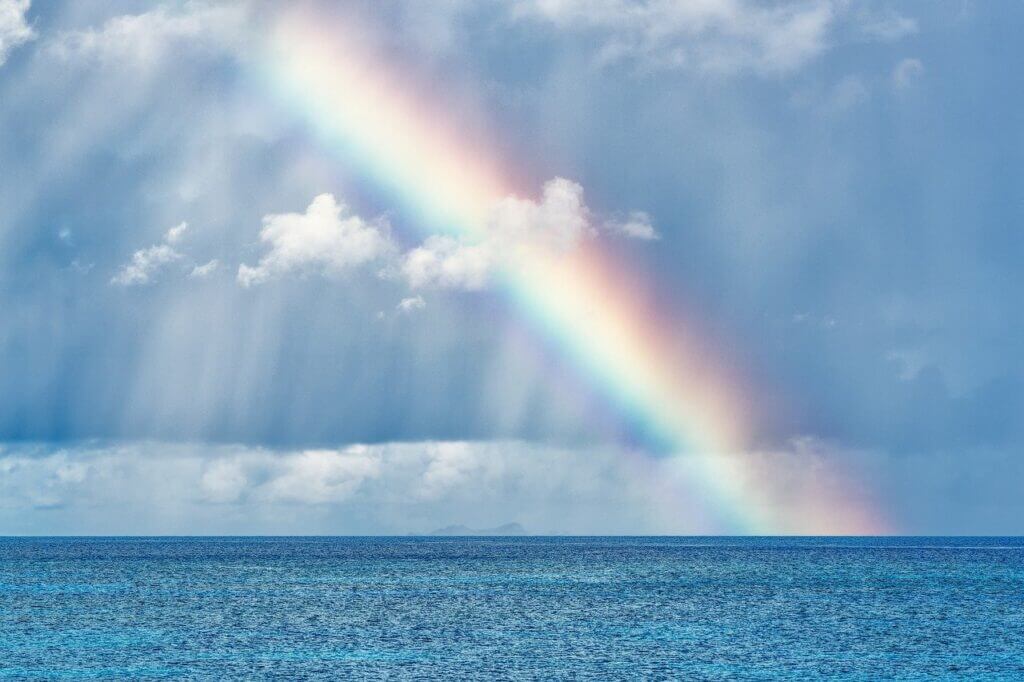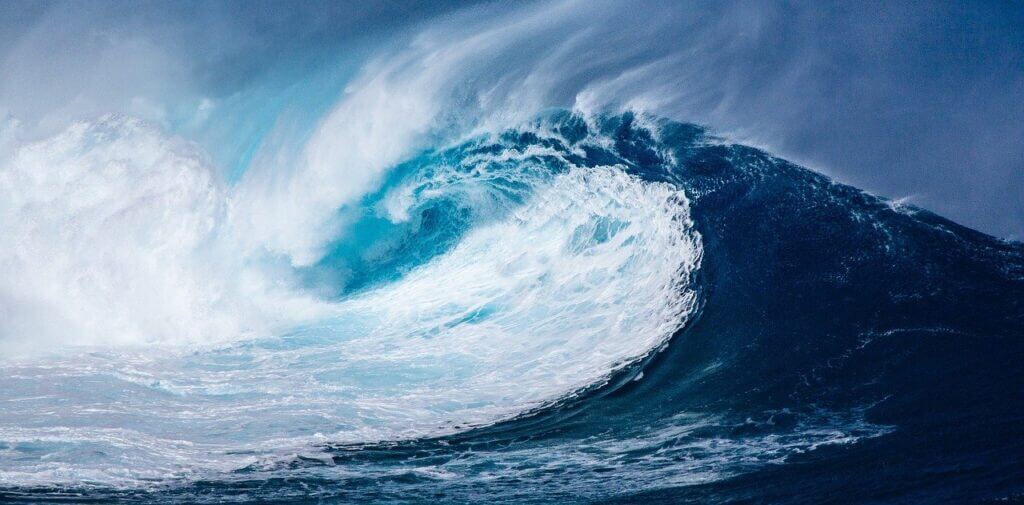World Water Day is celebrated on March 22 every year and its main objective is to raise awareness of the importance of caring for the so-called “liquid gold”. It is a fundamental natural resource for human food and energy security, environmental health and social welfare for the life of human beings and species on Earth. World Water Day is a timely date for all of us, individually or collectively, to begin, starting today, to care for, value and ration the water we use in our many daily activities.

The celebration of this event is intended to raise awareness of the global water crisis and the problems faced by millions of people who do not have access to safe drinking water supply. The dynamics and interrelationships between water, food and energy resources and human activities, population growth and ecosystems are complex. Therefore, on this day, the urgent measures to be taken to combat this problem are made known.
Origin of World Water Day
World Water Day was proclaimed by the United Nations (UN) in 1992. That year, the United Nations Conference on Environment and Development was held in Rio de Janeiro. From there, the proposal was born, and 1993 was the first year of celebration.
Other mentions followed, such as the International Year of Water Cooperation 2013 and 2018-2028 as the International Decade for Action “Water for Sustainable Development”. All of this underscores the UN’s idea that water is fundamental to development and world peace.
How can we conserve water?
We can all support and engage in the conservation of the precious liquid, because with collective action, water challenges can be solved by mobilizing our best knowledge, resources, partnerships and cutting-edge information. It is in our hands to conserve the environment. Resilient water solutions have the potential to move everything we know towards more sustainable growth and healthier ecosystems. You can make a difference! Here are some basic recommendations for taking care of water.
The next few years are going to be interesting in the water sector as we begin to see advances in smarter energy grids, better agricultural water management practices, responses to natural disasters, and improvements in human hygiene and health. There is much we can do from our home, community or any area where we do not unwind. Let’s start by educating our children to be the guardians and protectors of water, from which they will benefit in the future if they learn to take care of it and ration it in the right way.

